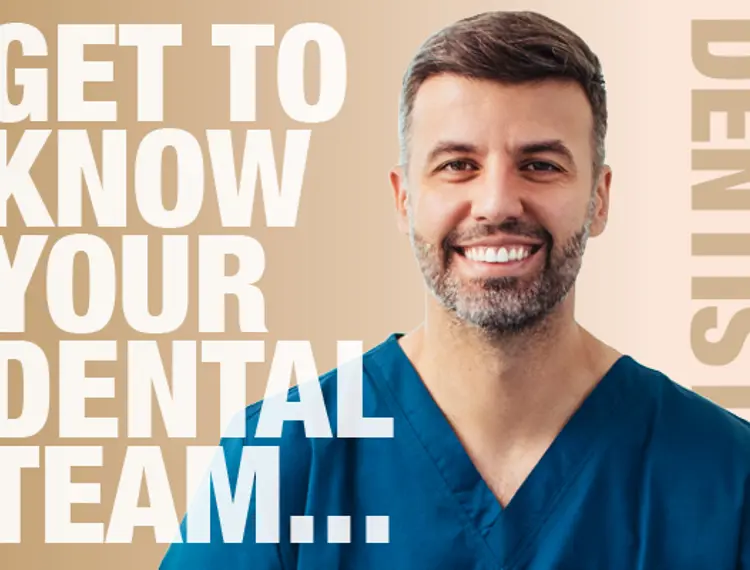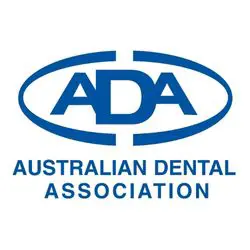
The Dental Team
Dentists specialise in preventing, diagnosing, and treating problems of the mouth, teeth, and gums. They can provide dental treatment for all areas of dentistry. They study a 4 year undergraduate or 5 year postgraduate degree at university. But they never stop learning and have to complete 60 hours of learning every 3 years. Dentists are registered with the Dental Board of Australia.
Dental prosthetists make dentures and mouth guards. They can see patients in the dental chair for appointments to make these appliances and then make the appliances in their dental lab. They may work with a dentist or work at their own clinic. Dental prosthetists are registered with the Dental Board of Australia.
A dental hygienist’s duties can include providing education on how to take care of your teeth and gums, check-ups, professional teeth cleaning, and providing preventative care like fluoride treatments. They are registered with the Dental Board of Australia.
A dental therapist works on treating dental disease in children and adolescents. Dental therapists may do extra training to provide preventative care for adults. They are registered with the Dental Board of Australia.
Oral health therapists have a combined degree in dental hygiene and dental therapy. They may work as a dental hygienist, a dental therapist or as both. They are registered with the Dental Board of Australia.
Dental assistants have an important role in the dental team. They help make your dental appointment run smoothly. They assist other members of the dental team in the clinic rooms and operate the sterilisation room to clean the dental instruments used in dental treatments. Dental assistants may study a Certificate III in Dental Assisting through a training organisation such as TAFE.
Dental specialists are dentists who go back to university and complete more study to get a qualification in a particular area of dentistry. This makes them a specialist in that area of dentistry.
A dentist cannot call themself a specialist unless they have completed the necessary specialist university education and are registered with the Dental Board of Australia as a dental specialist.
There are 13 dental specialties approved in Australia. These specialties are:
- dento-maxillofacial radiology
- endodontics
- forensic odontology
- oral and maxillofacial surgery
- oral medicine
- oral and maxillofacial pathology
- oral surgery
- orthodontics
- paediatric dentistry
- periodontics
- prosthodontics
- public health dentistry, and
- special needs dentistry
In Australia, a dentist cannot register as a specialist cosmetic dentist.
Dental Specialists
A dental specialist that reviews and reports findings from x-rays of the head and neck, in particular the jaws and teeth.
A root canal treatment specialist who diagnoses and treats diseases affecting the dental pulp (tooth nerve), and tooth root.
A dental specialist that work to identify human remains using dental records.
Treats conditions, defects, injuries and aesthetic aspects of the mouth, teeth, jaws and face.
Provides diagnosis, and non-surgical treatment of diseases and pain in patients with chronic and medically-related disorders of the mouth, teeth, jaws and face.
A specialist that studies of organs and tissues in a pathology laboratory to provide information about biopsies taken by another member of the dental team.
Provides diagnosis and surgical management of diseases and injuries affecting the mouth, teeth, and jaw sockets.
A specialist trained in the prevention, diagnosis, and treatment of irregularities of the teeth, mouth, and face. They provide a range of treatments to straighten crooked teeth, fix bad bites and align the jaws correctly.
A specialist dentist for children up to 17 years of age.
Specialises in the treatment of diseases affecting the gums and bones that support the teeth.
A specialist in crown, bridge, and denture work.
Dental specialists that work with communities in a non-clinical capacity to improve their overall dental health through education and ongoing health programs.
Specialists that provide treatment to patients with intellectual disability or with medical, physical, or psychiatric conditions, requiring specialist care.


